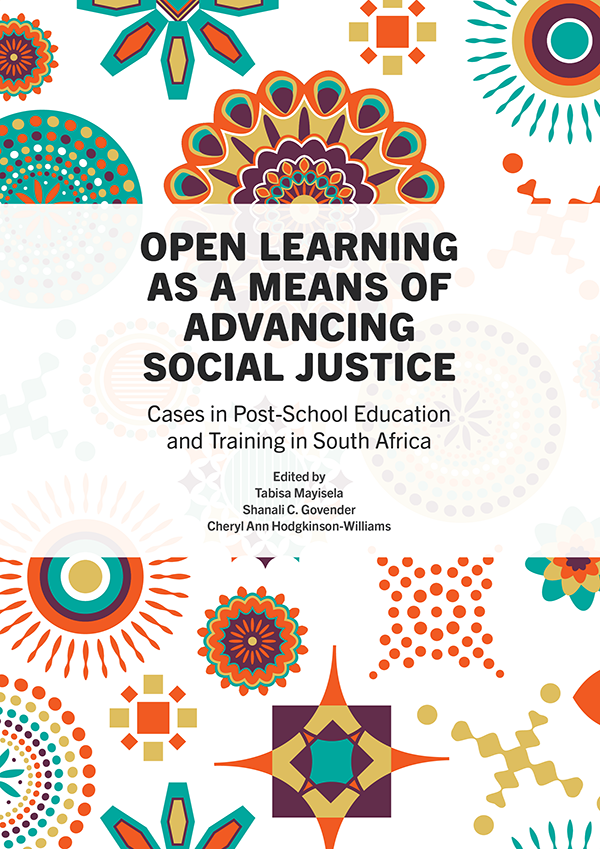

Most ebook files are in PDF format, so you can easily read them using various software such as Foxit Reader or directly on the Google Chrome browser.
Some ebook files are released by publishers in other formats such as .awz, .mobi, .epub, .fb2, etc. You may need to install specific software to read these formats on mobile/PC, such as Calibre.
Please read the tutorial at this link: https://ebookbell.com/faq
We offer FREE conversion to the popular formats you request; however, this may take some time. Therefore, right after payment, please email us, and we will try to provide the service as quickly as possible.
For some exceptional file formats or broken links (if any), please refrain from opening any disputes. Instead, email us first, and we will try to assist within a maximum of 6 hours.
EbookBell Team

4.1
40 reviewsThis volume investigates the uptake of ‘open learning’ in South African Technical Vocational Education and Training (TVET) colleges and higher education institutions. Comprised of 16 studies focused on activities at a range of colleges and universities across the country, these chapters aim to promote a better understanding of open learning practices across the Post-School Education and Training (PSET) sector, including issues such as: recognition of prior learning, access for students with disabilities, work integrated learning, professional development, novel student funding mechanisms, leadership for open educational practices, institutional culture, student support, blended and online learning, flexible learning, online assessment, open educational resource development models and funding, and micro-credentials.
This collection of peer-reviewed chapters contributes to understanding the ways in which South African PSET institutions and educators are interpreting ‘open learning’ as a means of advancing social justice. It includes a historical and contemporary understanding of the economic, cultural and political obstacles facing PSET, drawing on Nancy Fraser’s theory of social justice as ‘participatory parity’ to better understand the ways in which ‘open learning’ may address systemic social injustices in order to allow South African students and educators to thrive.
This volume emerges from research conducted by the Cases on Open Learning (COOL) project, an initiative by the Department of Higher Education and Training in partnership with the Centre for Innovation in Learning and Teaching (CILT) at the University of Cape Town (UCT) in South Africa.